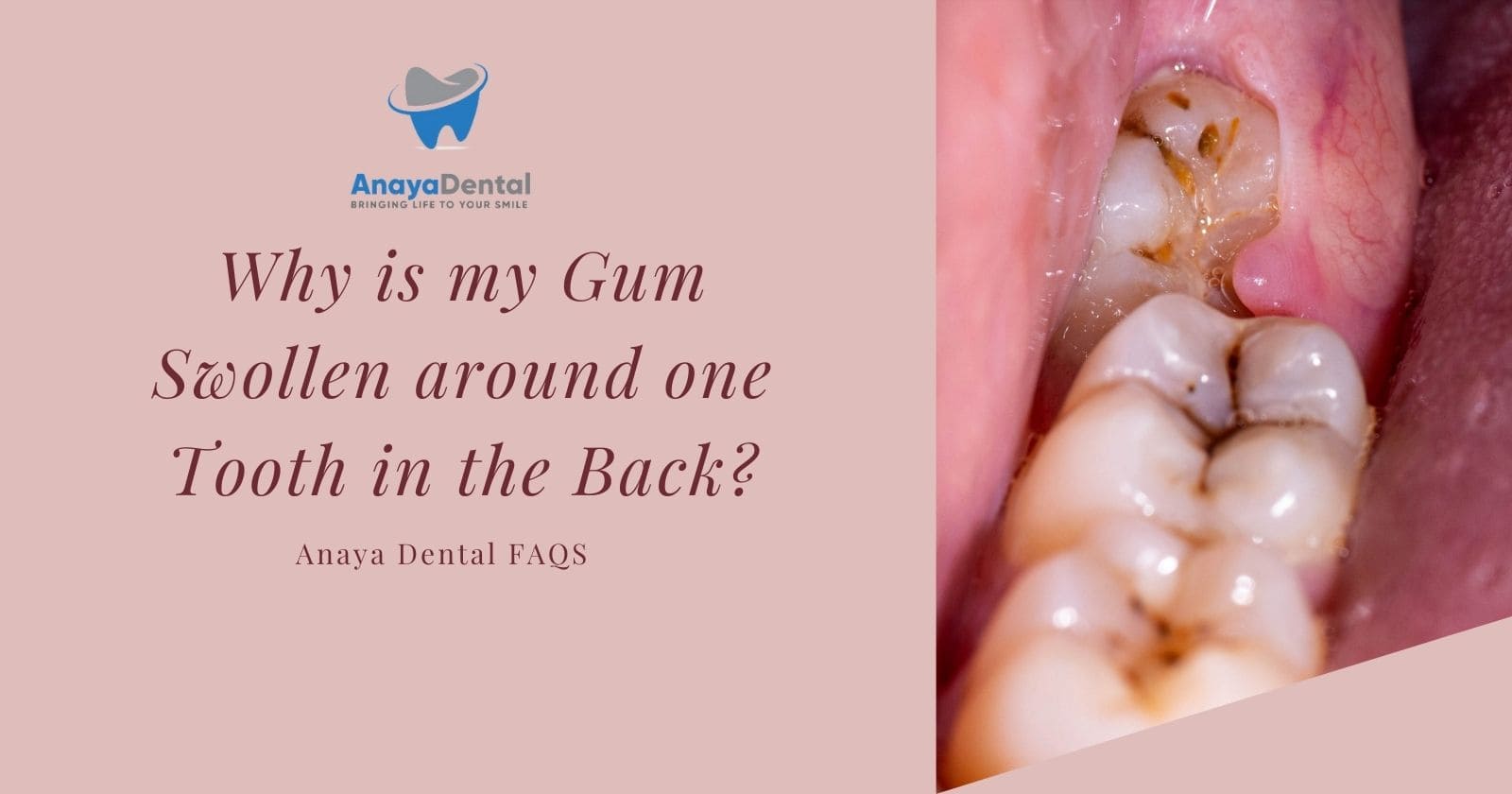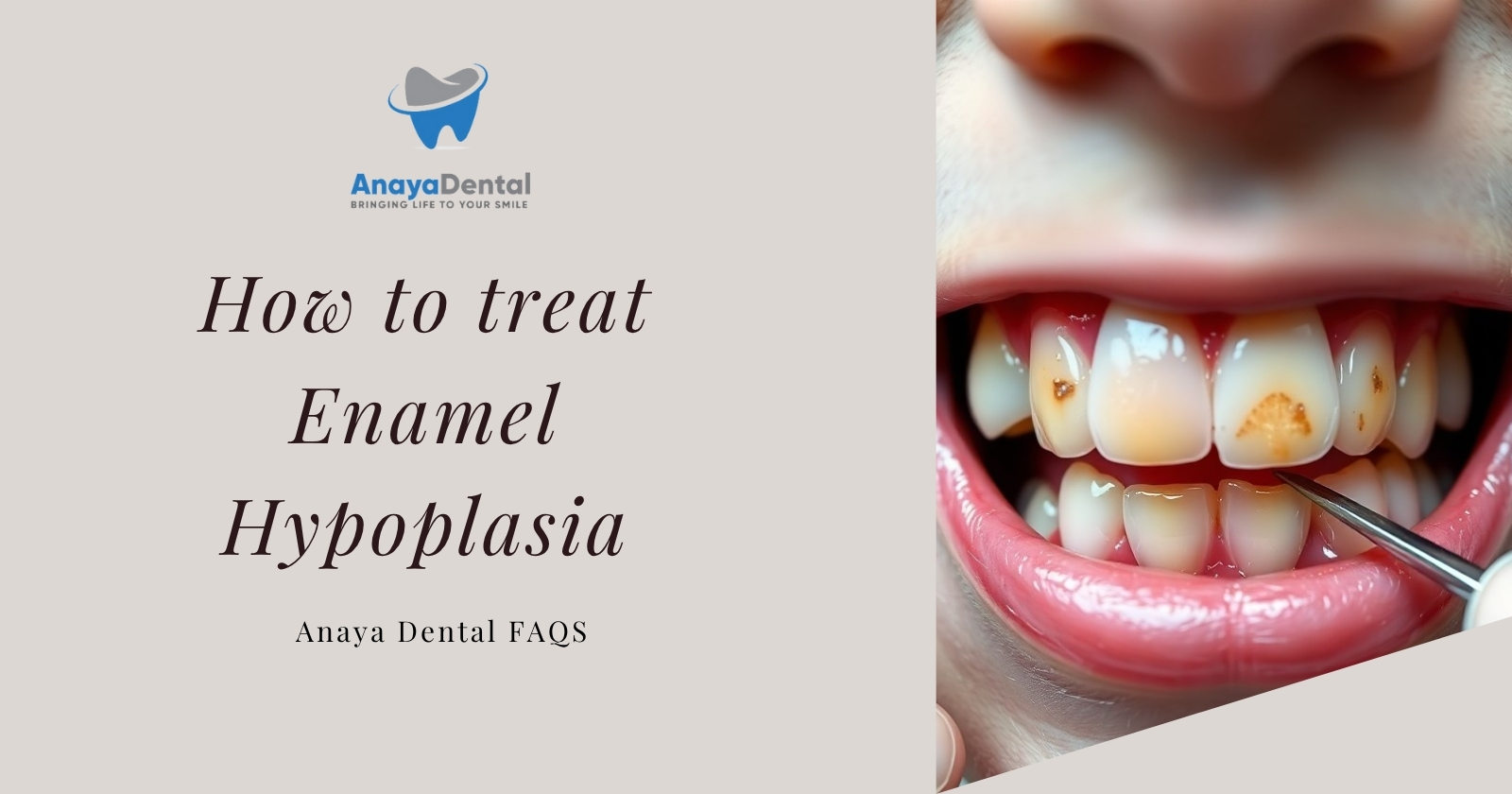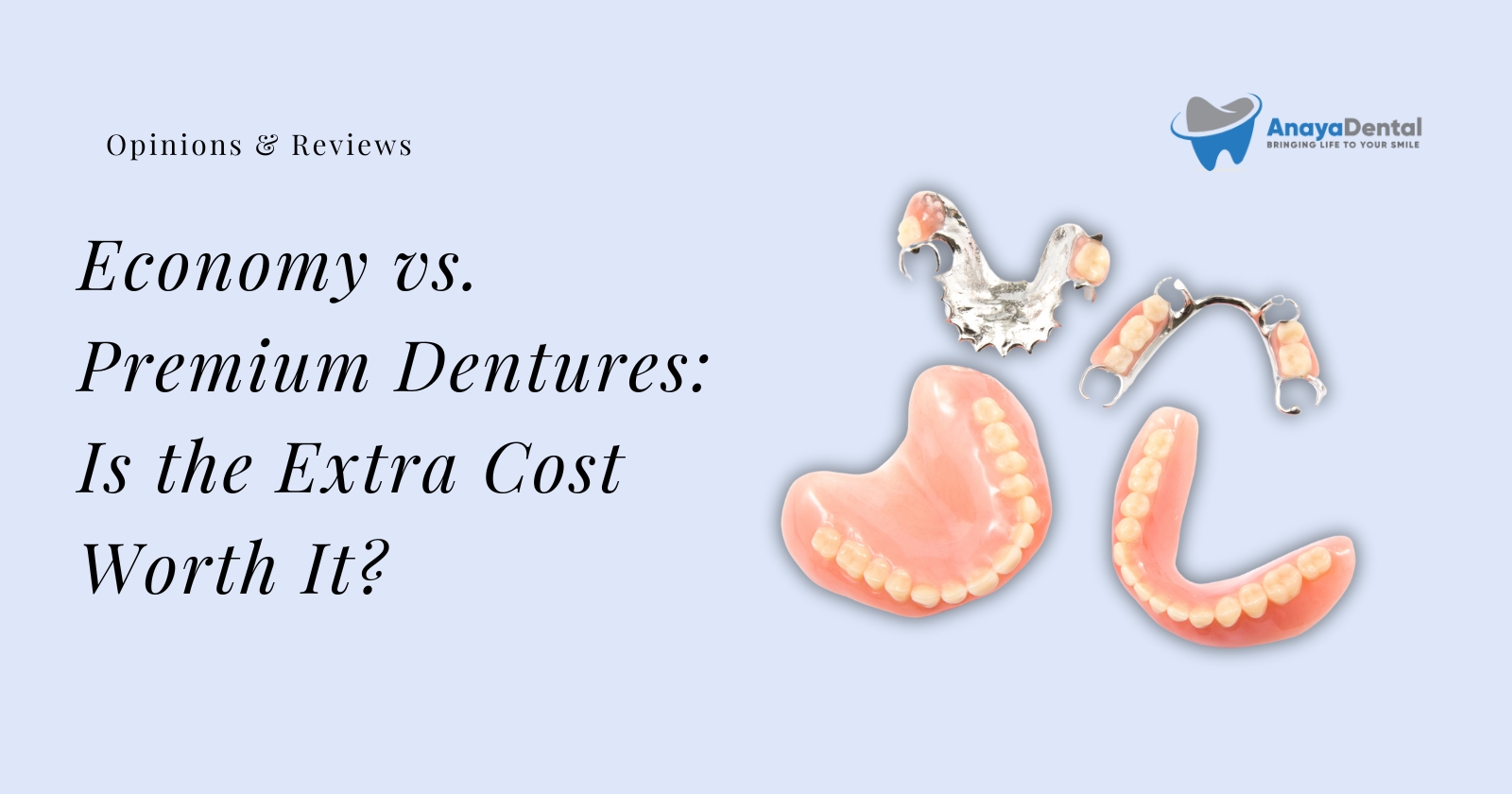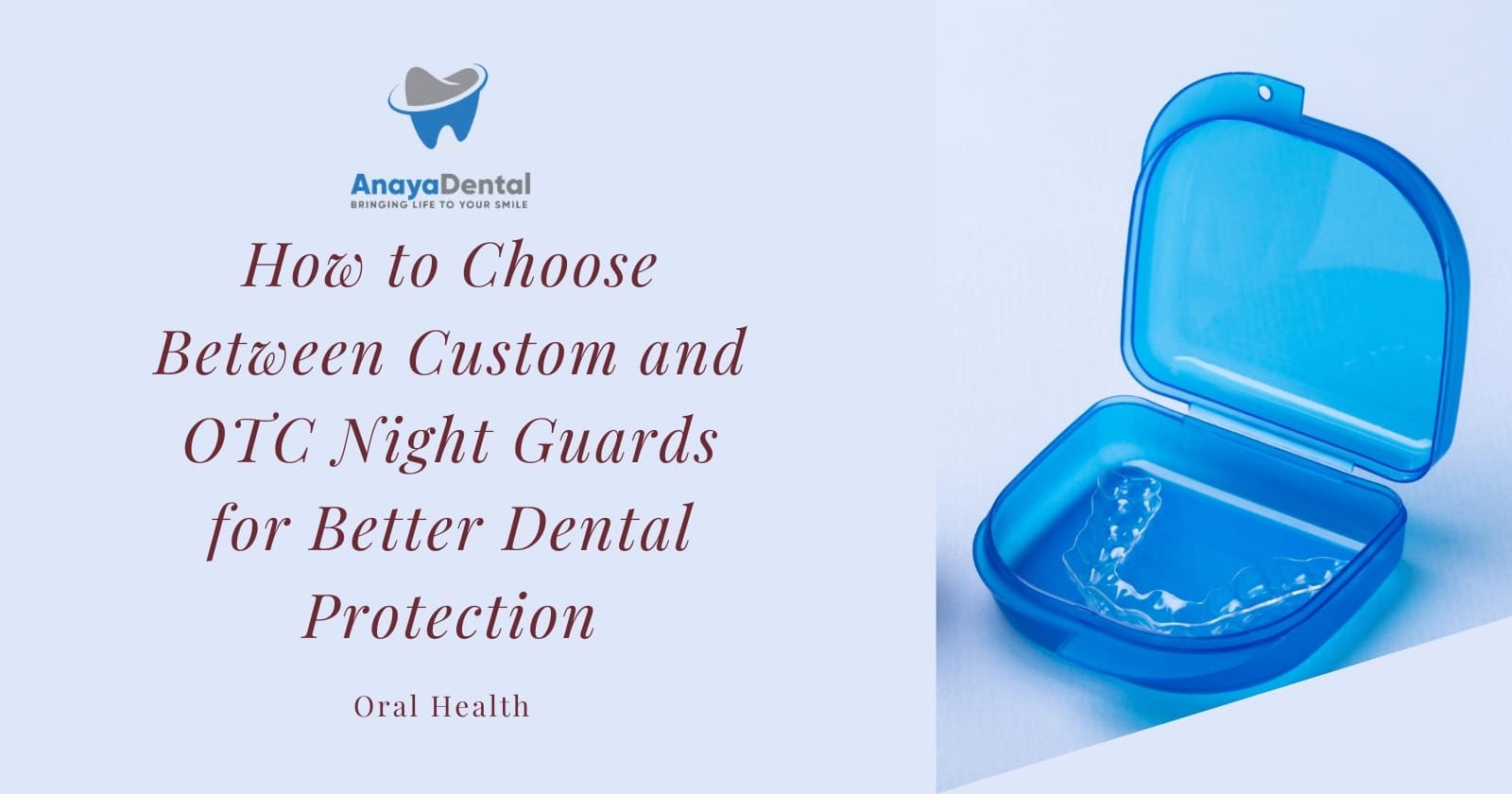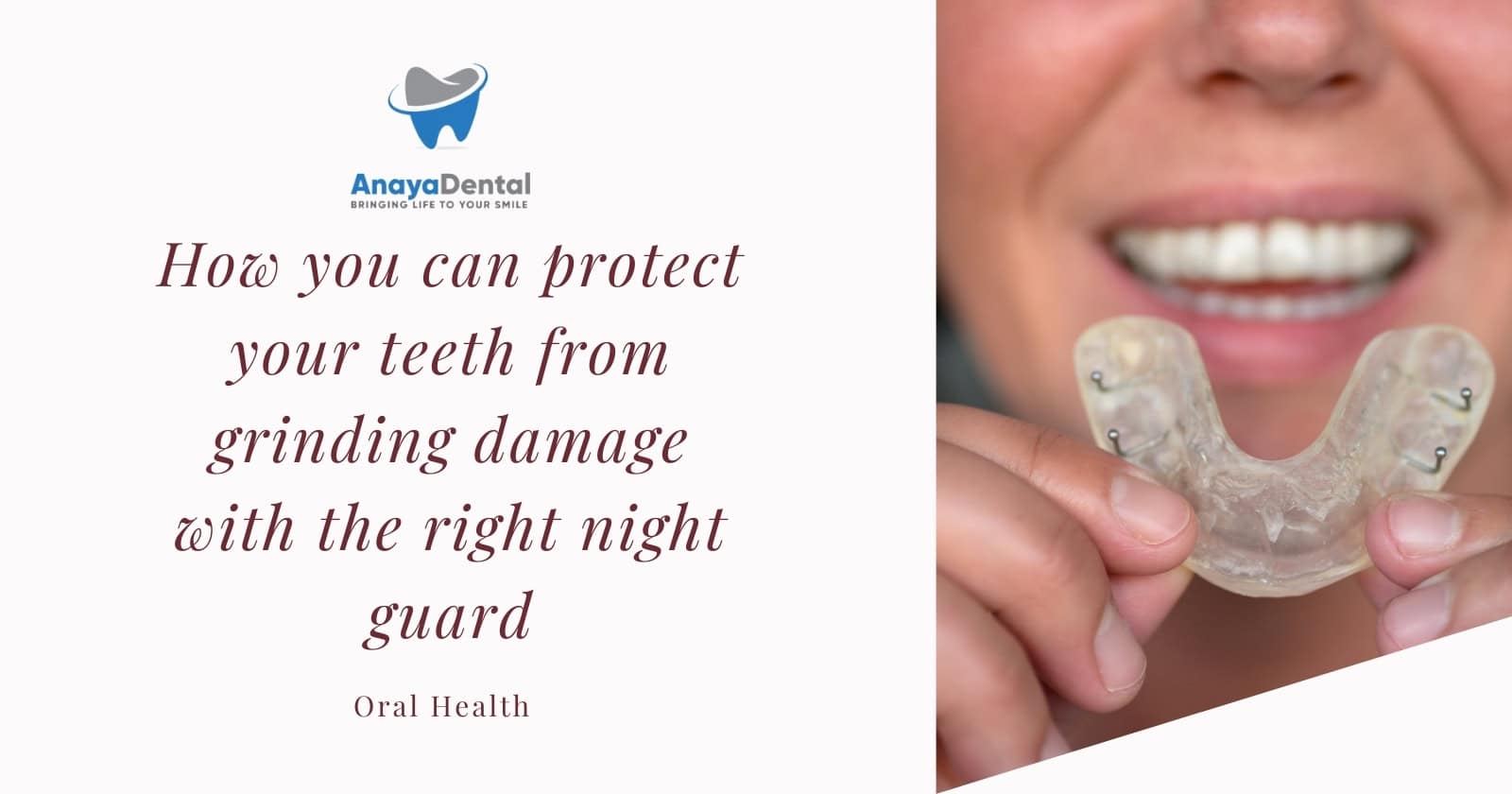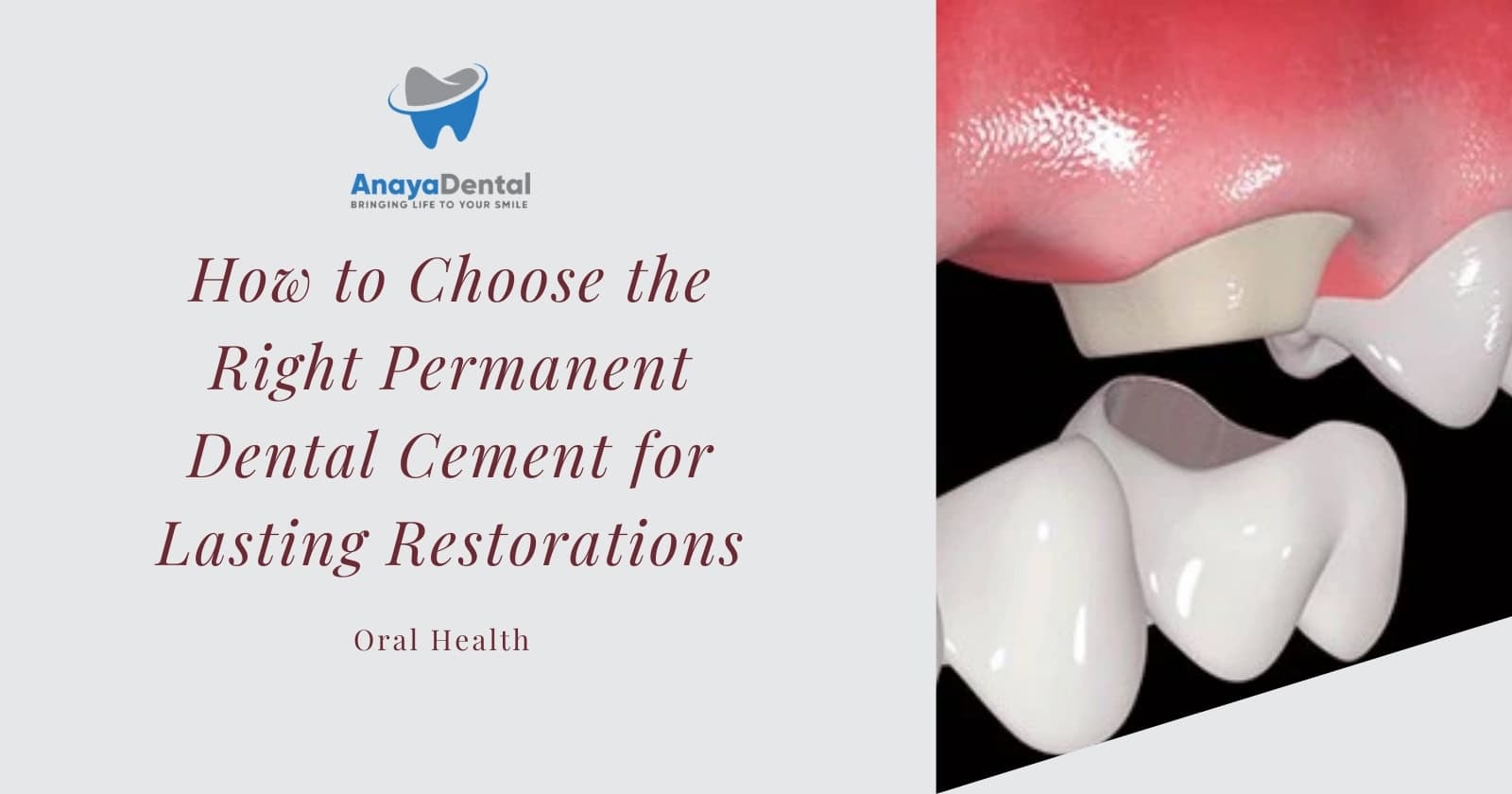There’s a chance that if you’re experiencing swelling in your gum around a tooth in the back, it could be caused by a variety of dental issues. This discomfort might indicate an infection, gum disease, or a reaction to a dental procedure. Understanding the potential reasons for your swollen gums can help you take the necessary steps to alleviate the problem and maintain your oral health. In this post, we will explore common causes, symptoms, and what you should do if your gum is swollen around one tooth.
Key Takeaways:
- Infection: Swollen gums can be a sign of an underlying infection, such as gum disease or an abscess around the affected tooth.
- Tooth Decay: Damage to the tooth due to decay can lead to irritation and swelling in the gums surrounding it.
- Irritation: Factors like improper dental hygiene, food particles stuck between teeth, or ill-fitting dental work can cause gum irritation and swelling.
Common Causes of Swollen Gums
To understand why your gum may be swollen around one tooth, it’s necessary to recognize the common causes. Swollen gums can stem from a variety of issues, including gum disease, tooth infections, trauma, or irritants. Each of these factors can lead to inflammation, discomfort, and the potential for more serious dental complications if left untreated.
Gum Disease
Beside tooth infections, gum disease is another prevalent cause of swollen gums. Gingivitis, the early stage of gum disease, arises from plaque buildup and can result in redness, swelling, and bleeding. If not addressed, it can progress to periodontitis, a more severe condition that affects the supporting structures of your teeth, leading to tooth loss.
Try Our Dental Calculators
Tooth Infection
One common reason for gum swelling is a tooth infection, which can occur when bacteria invade the tooth’s inner pulp, typically from decay or trauma. This infection can spread to the surrounding gum tissue, causing localized swelling and pain.
Another indicator of a tooth infection is the presence of a dental abscess, a small pocket of pus that forms due to the infection. This condition not only leads to swelling but can also cause significant discomfort and pressure in the affected area. If you suspect a tooth infection, seeking prompt treatment from your dentist is necessary to prevent further complications and preserve your oral health.
Symptoms to Watch For
You should be aware of several symptoms that may accompany swollen gums around a single tooth. These symptoms can indicate an underlying dental issue that requires your attention. If you notice signs such as persistent pain, changes in gum color, or any discharge, it might be time to consult your dentist for further evaluation and treatment.
Pain and Discomfort
One of the most common symptoms associated with swollen gums is pain and discomfort. You may experience tenderness when brushing or chewing, and the affected area might feel sensitive. This pain can vary from mild to severe, and it’s important to take note of any changes in your discomfort levels.
Changes in Gum Color
Symptoms may also include changes in gum color. You might observe redness or a darkening around the swollen area, which can indicate inflammation.
But changes in gum color can also signal infection or gum disease, especially if the gums appear excessively red or swollen. This discoloration may worsen over time if left untreated, leading to more severe dental issues. It’s important to keep an eye on these changes and consult your dentist for a thorough assessment if you notice any abnormalities in your gum color.
When to Seek Dental Care
All individuals should consult a dentist if they notice swollen gums around a tooth, especially if it is accompanied by pain, bleeding, or a bad taste in your mouth. Act promptly, as these symptoms may indicate an underlying issue that needs professional evaluation and treatment. Your oral health is important, and seeking treatment early can prevent further complications.
Signs of Serious Infection
Above all, keep an eye out for signs of a serious infection, such as fever, swelling that extends beyond the gum area, or pus discharge. These symptoms could signify a dental abscess or advanced periodontal disease, warranting immediate dental care. Prompt intervention can aid in healing and prevent the infection from spreading.
Persistent Symptoms
One should be concerned if swollen gums continue for more than a few days, as this may indicate an ongoing issue that requires dental attention. Persistent symptoms not only affect your comfort but might also suggest the presence of a more serious condition.
Plus, chronic gum swelling can lead to further complications if left untreated. You may experience increased sensitivity, changes in taste, or even tooth mobility due to the underlying issue affecting your dental health. Seeking dental care promptly ensures proper diagnosis and effective treatment, allowing you to maintain a healthy smile.
Home Remedies and Care
Many effective home remedies can help alleviate your swollen gum issues. Maintaining good oral hygiene is necessary; brushing and flossing gently around the affected area can reduce inflammation. Warm saltwater rinses can cleanse the gums, while applying a cold compress on the outside of your cheek may relieve discomfort. Herbal remedies, like chamomile tea or aloe vera gel, can also soothe irritation. Always consult with a dental professional for persistent issues.
Rinse Solutions
One simple way to soothe swollen gums is by using a saltwater rinse. Mix one teaspoon of salt in a glass of warm water, swish it around your mouth for about 30 seconds, and then spit it out. This solution can help reduce inflammation and wash away food particles that may be aggravating your gums. You can perform this rinse several times a day for optimal results.
Over-the-Counter Pain Relief
The use of over-the-counter pain relief can be a practical approach to managing discomfort from swollen gums. Medications such as ibuprofen or acetaminophen can help alleviate pain and reduce inflammation, making it easier for you to eat and talk comfortably. Always follow the dosage instructions on the label, and consult with a healthcare provider if you have any underlying health conditions or if you’re unsure about which medication to take.
A helpful tip is to take your pain reliever shortly before consuming food or drinks that may irritate your gums further, as this can enhance your comfort during meals. If swelling or pain persists despite using over-the-counter options, you should reach out to your dentist for further evaluation and treatment. Self-care can be effective, but professional guidance is necessary for long-term gum health.
Preventive Measures
Not addressing gum health can lead to serious oral issues. To keep your gums healthy and free from swelling, implement a consistent dental care routine. This includes brushing your teeth at least twice a day, flossing daily, and using an antibacterial mouthwash. A proactive approach can help you avoid gum disease and other complications, ensuring your mouth stays healthy and pain-free.
Proper Oral Hygiene
Hygiene is necessary to preventing swollen gums around your back teeth. Make sure you brush for at least two minutes, focusing on the gum line and hard-to-reach areas. Flossing removes food debris and plaque buildup, further reducing the risk of inflammation. Incorporating this routine into your daily life significantly benefits your overall oral health.
Regular Dental Checkups
One effective way to maintain your gum health is by scheduling regular dental checkups. These visits allow your dentist to identify any potential issues before they escalate, providing you with tailored care and professional cleaning.
In fact, routine dental checkups can help you detect early signs of gum disease, which is often asymptomatic in its initial stages. Your dentist will assess your gums, teeth, and overall oral health to catch any potential problems early on. Regular visits not only keep your gums healthy but also provide peace of mind, knowing your dental hygiene is on track.
Potential Complications
Now that you are aware of the causes of your swollen gum, it’s important to understand the potential complications that can arise if left untreated. Swollen gums can lead to further dental issues, including the risk of tooth loss or the spread of infection. Addressing the problem promptly can help you avoid more serious health concerns down the line.
Spread of Infection
An untreated swollen gum can lead to the spread of infection in the mouth. Bacteria can migrate to surrounding teeth and tissues, potentially causing periodontal disease or abscesses. This situation may escalate, necessitating more invasive treatments to resolve the issue and mitigate further complications.
Impact on Overall Health
Any dental issue, including swollen gums, can have repercussions beyond just oral health. Poor dental health can contribute to systemic problems, impacting your overall well-being. For instance, infections can enter your bloodstream, leading to conditions that affect your heart and other organs.
Indeed, the connection between oral health and overall health is significant. Research has shown that chronic gum disease may increase the risk for heart disease, diabetes, and respiratory problems. Keeping your gums healthy is not just about maintaining a beautiful smile; it is integral to your overall health. Taking immediate action to address swollen gums can prevent these more severe health issues, ensuring that you maintain both your dental and overall well-being.
Conclusion
Taking this into account, swollen gums around a tooth in the back can indicate various issues, such as gum disease, tooth decay, or an infection. It’s vital to assess your dental hygiene practices and consult a dental professional if the swelling persists or is accompanied by pain. By addressing the underlying cause promptly, you can help restore your gum health and prevent further complications.
FAQ
Q: What could cause my gum to be swollen around one tooth in the back?
A: Swelling of the gums around a single tooth, especially in the back, may be linked to several factors. Common causes include an infection, such as periodontitis or gingivitis, which can lead to inflammation. Another possibility is a dental abscess, which occurs when bacteria invade the dental pulp or surrounding tissues. Additionally, impaction of food particles or plaque build-up can irritate the gums, resulting in localized swelling. It is important to consult with a dentist for an accurate diagnosis and appropriate treatment.
Q: Should I be worried if only one tooth’s gum is swollen?
A: While localized gum swelling around a single tooth may not always indicate a serious issue, it should not be ignored. It can be a sign of underlying problems such as infection, decay, or advanced gum disease. If symptoms like pain, persistent swelling, or pus are present, seeking dental care is advisable to prevent further complications. An early evaluation by a dental professional can help in diagnosing the issue and recommending necessary treatments.
Q: What home remedies can I try if my gum is swollen around one tooth?
A: If you experience swelling around a tooth, there are several home remedies you might try to alleviate discomfort. Rinsing your mouth with warm salt water can help reduce inflammation and kill bacteria. Applying a cold compress to the outside of your cheek may help numb the area and minimize swelling. Over-the-counter pain relievers can also be considered for temporary relief. However, these remedies are not substitutes for professional dental care, and it’s advisable to consult a dentist to address the underlying cause of the swelling.
